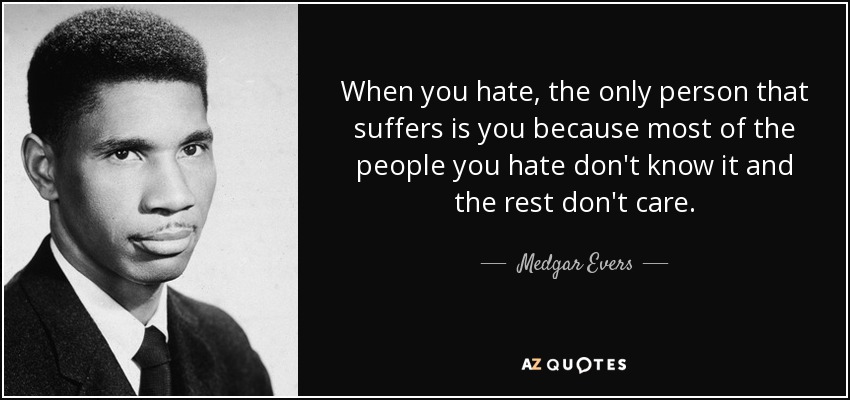
Myrlie Evers, who later became the third woman to chair the NAACP, refused to abandon her husband’s case. When new documents showed that jurors in the previous case were investigated illegally and screened by a state agency, she pressed authorities to re-open the case. In the 1980s, the reporting by the Jackson Clarion-Ledger about the earlier Beckwith trials resulted in the state mounting a new investigation. It ultimately initiated a third prosecution, based on this and other new evidence.[3]
By this time, De La Beckwith was living in Signal Mountain, Tennessee. He was extradited to Mississippi for trial at the Hinds County Courthouse in Jackson. Before his trial, the 71-year-old white supremacist had asked the justices to dismiss the case against him on the grounds that it violated his rights to a speedy trial, due process and protection from double jeopardy.[11] The Mississippi Supreme Court ruled against his motion by a 4-3 vote, and the case was scheduled to be heard in January 1994.
During this third trial, the murder weapon was presented, an Enfield .30-06 caliber rifle, with Beckwith’s fingerprints. Beckwith claimed that the gun was stolen from his house. He listed his health problems, high blood pressure, lack of energy and kidney problems, saying “I need a list to recite everything I suffer from, and I hate to complain because I’m not the complaining type”.[12] The 1994 state trial was held before a jury consisting of eight black people and four white people.
They convicted De La Beckwith of first-degree murder for killing Medgar Evers. New evidence included testimony that he had boasted of the murder at a Klan rally, and that he had boasted of the murder to others during the three decades since the crime had occurred. The physical evidence was essentially the same as that presented during the first two trials.[3]
De La Beckwith appealed against the guilty verdict, but the Mississippi Supreme Court upheld the conviction in 1997. The court said that the 31-year lapse between the murder and De La Beckwith’s conviction did not deny him a fair trial. He was sentenced to life imprisonment for first-degree murder without the possibility of parole. De La Beckwith sought judicial review in the United States Supreme Court, but his petition for certiorari was denied.[13]


You must be logged in to post a comment.